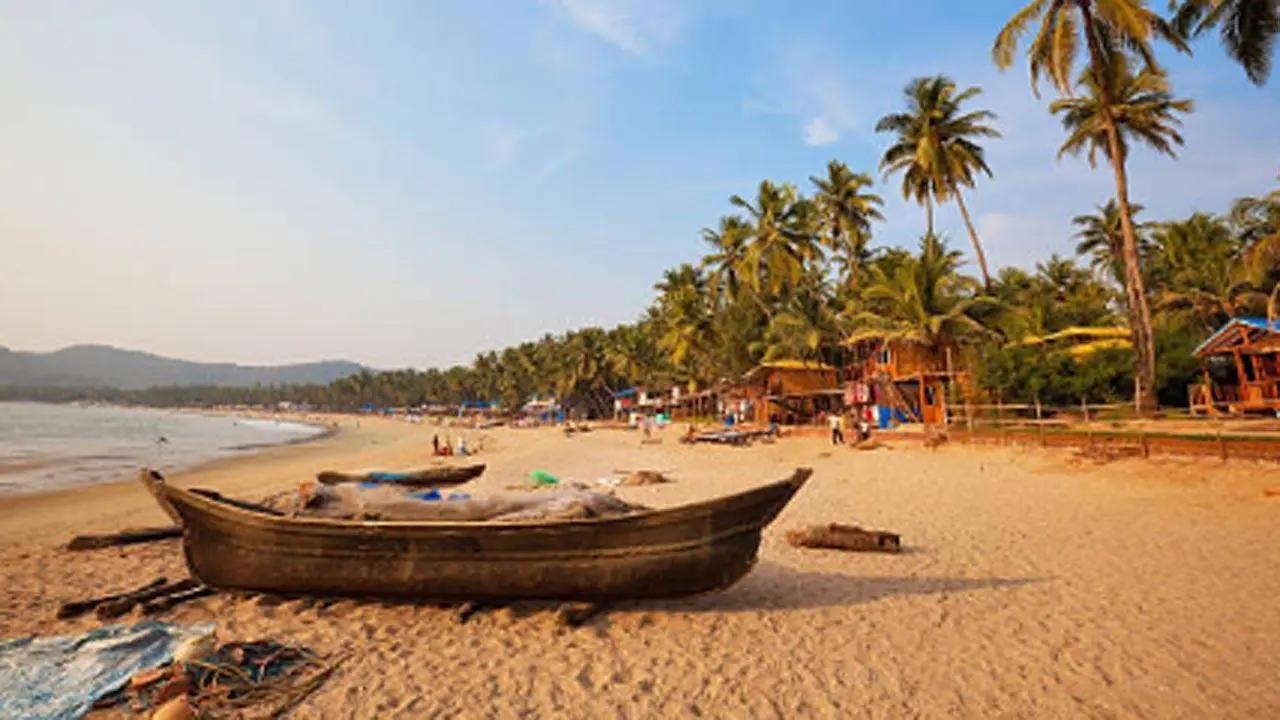Every year, the Goa Revolution Day is celebrated on June 18th to mark the day when the liberation struggle against Portuguese colonial rule began in the year 1946. The Goa Revolution Day is also known as Goa Kranti Diwas

Representative image
Every year, the Goa Revolution Day is celebrated on June 18th to mark the day when the liberation struggle against Portuguese colonial rule began in the year 1946. The Goa Revolution Day is also known as Goa Kranti Diwas.
ADVERTISEMENT
In the history of India, the day is marked when the Indian National Army led by Captain Ram Manohar Lohia, along with the people of Goa (goan), began their struggle to make Goa independent from Portuguese rule.
History and significance of the Goa Revolution Day:
The Goa locals celebrate this day in remembrance of their freedom fighters and their struggle for liberation.
The day marks the anniversary of the historic protest that took place in 1946 against the Portuguese colonial government's oppressive policies. The protest was led by Dr. Ram Manohar Lohia, an Indian freedom fighter who called for a non-violent demonstration against the Portuguese regime.
The Goans take part in various activities and events such as rallies, parades, marches, and functions. Through these activities, the locals pay homage to those freedom fighters who sacrificed their lives for the cause of Goa's freedom.
In 1961, India launched a military operation to liberate Goa from Portuguese rule, which was successful.
During the protest, the Portuguese police opened fire on the peaceful demonstrators. Several people were killed and many people were injured in the incident.
the government organises various cultural programs to pay tribute to the freedom fighters.
Remembering the history of this day, Goa's Raj Bhavan website states, "The evening of 18th June 1946 at Margao is an unforgettable day in the history of Goa’s Freedom struggle. It is on this evening that Dr Ram Manohar Lohia a great nationalist and valiant Freedom Fighter against British Rule arrived in Margao and defied the Portuguese regime to make a speech that electrified and galvanised the masses to aggressively fight for their freedom from a very repressive Portuguese colonial rule. Dr. Lohia had actually come to take rest in Goa in the Assolna home of Dr. Julias Menezes who was his friend. However, the moment he arrived in Goa, he became restless when he heard about the oppressive rule of the Portuguese regime and denial of basic civil rights to the people of Goa. Thus begun a new defining phase of Goa’s freedom struggle that ended with the liberation of Goa, 15 years later on 19-12-1961."
 Subscribe today by clicking the link and stay updated with the latest news!" Click here!
Subscribe today by clicking the link and stay updated with the latest news!" Click here!







